Should You Keep a Coatimundi (Coati) as a Pet?
Updated on 04/26/24
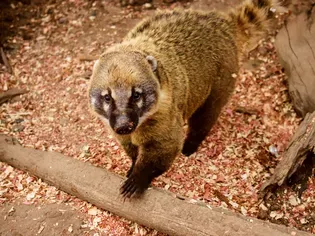
Should You Keep a Coatimundi (Coati) as a Pet?
An In-Depth Exploration of the Unique Challenges and Rewards
Introduction
Coatimundis, also known as coatis, are fascinating and charismatic animals that have captured the hearts of animal enthusiasts worldwide. With their distinctive long noses, bushy tails, and playful personalities, they exude an undeniable charm. However, before you decide to bring a coatimundi into your life as a pet, it's crucial to thoroughly understand the complexities and responsibilities involved. This comprehensive blog post delves into the world of coatimundis, providing you with invaluable insights to help you make an informed decision.
The Enchanting Nature of Coatimundis
Coatimundis are highly intelligent and curious animals, making them engaging and entertaining companions. They possess a playful and mischievous nature, often engaging in playful antics that can bring laughter and joy to their owners. Their distinctive long noses, complete with a flexible snout, grant them an enhanced sense of smell, which they utilize to explore their surroundings and search for food.
Unique Housing Requirements
Coatimundis require ample space to thrive, with a minimum enclosure size of around 100 square feet. This enclosure should be well-ventilated, provide shelter from the elements, and include features such as climbing structures, hiding spaces, and a water feature. Additionally, coatimundis have a natural instinct to dig, so it's essential to provide designated digging areas within their enclosure to prevent them from damaging your yard or home.
Nutritional Needs
Coatimundis are omnivorous, with a diet that consists of a variety of fruits, vegetables, insects, small rodents, and birds. Their nutritional requirements are complex and require careful planning to ensure a balanced diet. Commercial coatimundi diets are available but should be supplemented with fresh produce, live insects, and other appropriate food items to provide a well-rounded diet.
Training and Socialization
Coatimundis are intelligent animals that can learn basic commands and tricks. However, their independent nature means that training can require patience and consistent reinforcement. Early socialization with humans and other animals is crucial to prevent behavioral issues such as aggression or fearfulness. It's important to note that coatimundis are not typically affectionate animals and may not enjoy being handled excessively.
Health Considerations
Coatimundis can live for up to 15 years in captivity, and providing proper veterinary care is essential for their well-being. Regular checkups, vaccinations, and parasite control are crucial to prevent health issues. Coatimundis are prone to certain health conditions, such as respiratory infections and dental problems, so it's essential to be aware of these potential issues and seek veterinary attention promptly if necessary.
Legal Considerations
The legality of owning a coatimundi as a pet varies depending on your location. In some areas, they are considered exotic animals and require special permits or licenses. It's your responsibility to research and comply with all applicable laws and regulations regarding coatimundi ownership in your area.
Examples of Challenges and Rewards
Challenges:
* Destructive behavior: Coatimundis are curious and playful, which can lead to destructive behavior if they are not provided with adequate mental and physical stimulation. They may dig in your yard, chew on furniture, or damage other household items.
* Noise: Coatimundis are vocal animals and may make loud noises, especially at dawn and dusk. This can be a nuisance if you live in a densely populated area or have close neighbors.
* Health issues: Coatimundis are prone to certain health conditions, as mentioned earlier. These can be costly to treat and require ongoing veterinary care.
Rewards:
* Entertainment: Coatimundis are highly entertaining animals that will provide you with hours of amusement. Their playful antics and funny expressions can bring joy and laughter to your home.
* Companionship: Coatimundis can be affectionate on their own terms and may form strong bonds with their owners. They enjoy spending time with their human companions and can provide a sense of companionship.
* Education: Owning a coatimundi can be an educational experience for you and your family. You will learn about their unique behavior, habitat, and diet, fostering a greater appreciation for the natural world.
Conclusion
Deciding whether to keep a coatimundi as a pet is a personal choice that requires careful consideration. These animals are not for everyone, and it's essential to be fully aware of the challenges and responsibilities involved. If you are prepared to provide a spacious enclosure, a nutritious diet, proper training, and socialization, as well as ongoing veterinary care, then a coatimundi may be a rewarding and enriching addition to your life. However, if you are not able to meet these requirements, it's best to admire these fascinating animals from afar.
Explore More Pets
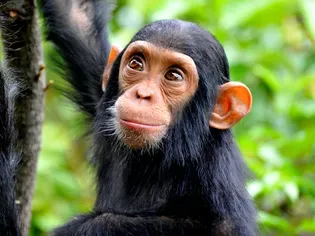
Exotic Pet Species
Should You Keep a Chimpanzee as a Pet?
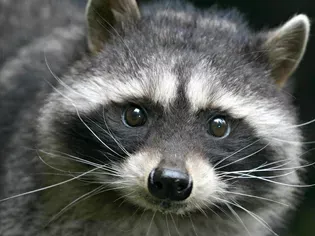
Exotic Pet Species
Should You Keep a Raccoon as a Pet?
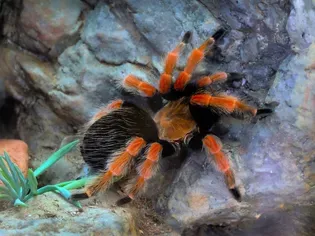
Exotic Pet Species
How to Care for a Pet Mexican Red-Knee Tarantula
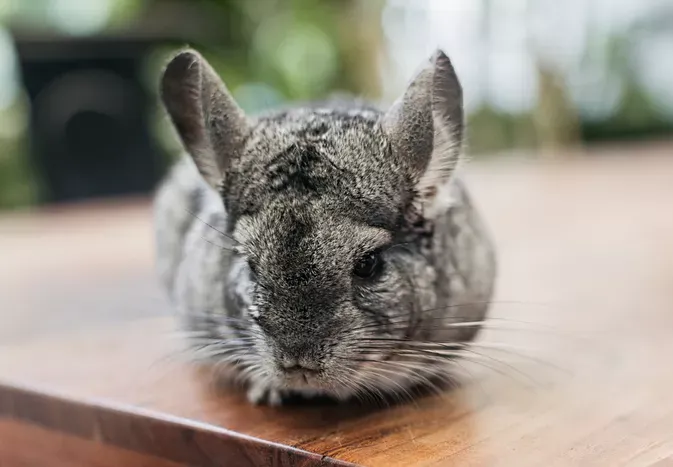
Exotic Pet Species
12 Best Exotic Pets for Apartment Living
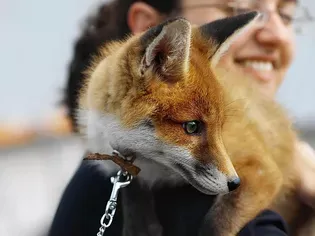
Exotic Pet Species
Best Foxes to Keep as Pets
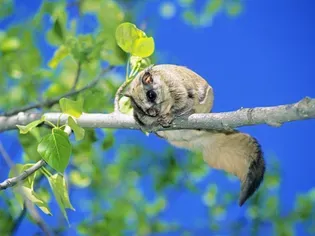
Exotic Pet Species
Should You Keep a Northern Flying Squirrel as a Pet?
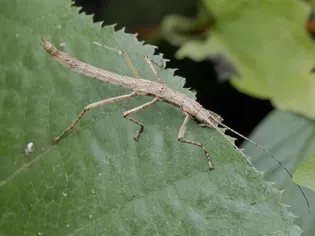
Exotic Pet Species
Should You Keep Stick Insect as a Pet?

Exotic Pet Species
Should You Keep a Big Cat as a Pet?